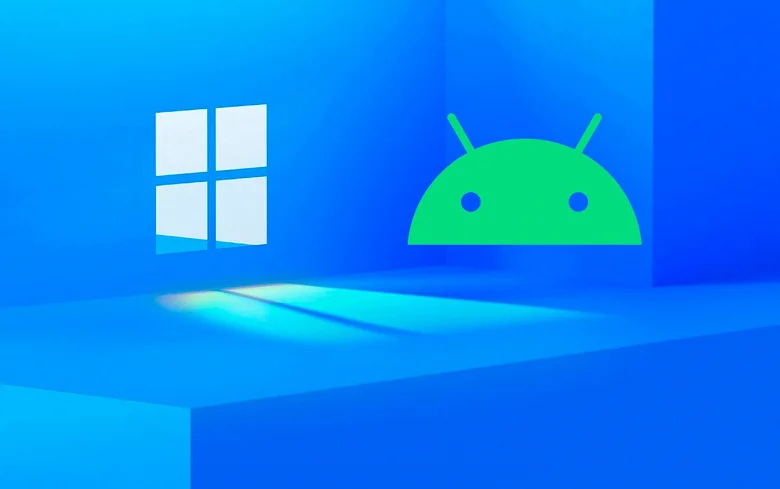The European Union It is a political and economic space that tends to pass regulations that are quite favorable to consumers. After mandating the use of USB Type-C as the only interface for all mobile devices, which Apple didn’t like at the time, the multinational has now proposed new rules that force device manufacturers to make battery access and replacement easier.
In order to advance environmental policies, the European Council and the European Parliament reached a provisional agreement last Friday to revise the rules on batteries to take into account technological progress and future challenges. Future standards would cover the entire life cycle of batteries, from design to end of life and will apply to all batteries sold in the European Union. The devices that would be covered by any future regulations would be laptops, SLI batteries, light transport batteries (which provide power for the traction of wheeled vehicles such as electric scooters and bicycles), electric vehicles and industrial batteries.
A maximum CO2 limit would also be set for batteries, which would come into force from July 2027. When this happens, batteries must use recycled materials with the following minimum percentage of metals: 16% cobalt, 85% lead, 6% lithium and 6% nickel . .

As for consumers, the new European Union rules will provide them with better information about the batteries they buy through labels and QR codes that will allow them to know the capacities, performance, durability, chemical composition and separate collection symbol.
The European Parliament explicitly stated through a press release that “three and a half years after the entry into force of the legislation, portable batteries in household appliances must be designed to be easily removed and replaced by consumers“.
It’s important to note that this is still an interim agreement, but so far everything seems to indicate that the European Union will be moving towards legislation that will force device manufacturers to make it easier to replace batteries. Some media outlets were quick to point out that Apple and the iPhone were “damaged” by the introduction of USB Type-C, however it would be interesting to force manufacturers to remove laptop batteries from the outside again to make it easier to build said device as a desktop and supported UPS (UPS is of course recommendation).














